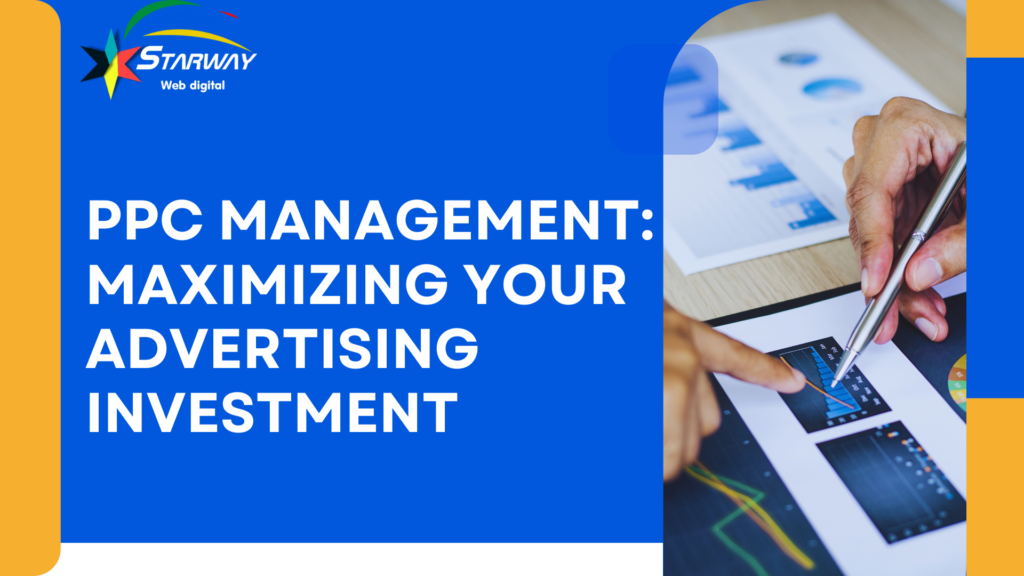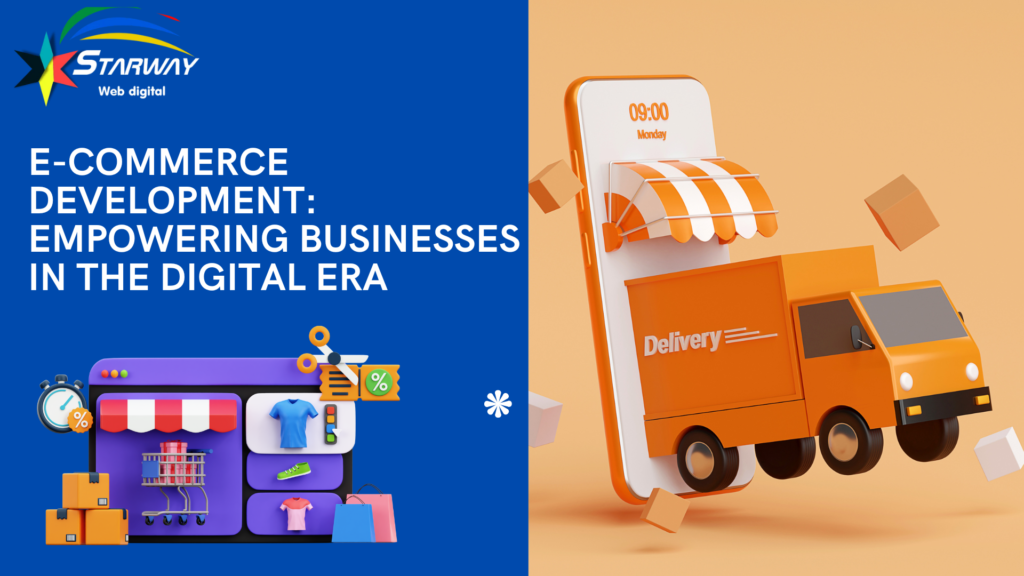“Master PPC Management: Unlock Profitable Strategies to Maximize Your Ad Investment”
Introduction to PPC Management In today’s digital landscape, businesses strive to maximize their online presence and attract potential customers. Pay-Per-Click (PPC) advertising has emerged as a powerful tool to achieve these goals. PPC management involves overseeing and optimizing these advertising campaigns to ensure maximum efficiency and return on investment (ROI). What is PPC?PPC is an online advertising model where advertisers pay a fee each time their ad is clicked. It’s a way of buying visits to your site, rather than attempting to earn those visits organically. Search engine advertising is one of the most popular forms of PPC, allowing advertisers to bid for ad placement in a search engine’s sponsored links when someone searches on a keyword related to their business offering. Importance of PPC ManagementEffective PPC management is crucial for businesses looking to succeed in the competitive online marketplace. It ensures that advertising budgets are utilized efficiently, targeting the right audience with compelling ads to drive traffic and conversions. Key Components of PPC Management Successful PPC management involves several key components that work together to achieve desired results. Keyword ResearchKeyword research is the foundation of any PPC campaign. Identifying relevant keywords with high search volume and low competition is essential for reaching the target audience and maximizing ad visibility. Ad Creation and OptimizationCrafting compelling ad copy and designing visually appealing creatives are vital for attracting clicks and driving traffic to your website. Continuous optimization of ads based on performance data helps improve their effectiveness over time. Bid ManagementBid management involves strategically setting bids for keywords to ensure optimal ad placement while maximizing ROI. It requires monitoring bidding trends and adjusting bids based on competition and performance metrics. Landing Page OptimizationA well-designed landing page tailored to match the ad’s messaging is critical for converting clicks into leads or sales. Optimization techniques such as A/B testing and personalized content can improve landing page performance. Benefits of Effective PPC Management Implementing effective PPC management strategies offers various benefits for businesses seeking to enhance their online presence and drive growth. Increased Website TrafficPPC advertising allows businesses to quickly increase website traffic by targeting relevant keywords and displaying ads to users actively searching for products or services. Higher Conversion RatesWell-optimized PPC campaigns can lead to higher conversion rates by delivering targeted traffic to optimized landing pages, resulting in more conversions and sales. Improved ROIBy carefully managing advertising budgets and optimizing campaign performance, businesses can achieve a higher return on investment from their PPC efforts compared to traditional advertising channels. Common Challenges in PPC Management Despite its effectiveness, PPC management comes with its own set of challenges that advertisers must address to maximize success. High CompetitionCompetition for top ad placements and keywords can drive up costs and make it challenging to achieve desired results within budget constraints. Click FraudClick fraud, where fraudulent clicks are generated to deplete an advertiser’s budget, poses a significant threat to PPC campaigns and requires ongoing monitoring and prevention measures. Ad FatigueOverexposure to the same ads can lead to ad fatigue among users, resulting in decreased click-through rates and conversions over time. Conclusion PPC management plays a crucial role in helping businesses achieve their online advertising goals effectively. By understanding the key components, best practices, and emerging trends in PPC management, businesses can maximize their advertising investment and drive sustainable growth in the digital age. FAQs (Frequently Asked Questions) What is PPC management, and why is it important for businesses?PPC management involves overseeing and optimizing pay-per-click advertising campaigns to maximize efficiency and ROI. It’s essential for businesses to ensure their advertising budgets are utilized effectively in reaching the right audience and driving conversions.How can businesses overcome common challenges in PPC management?Businesses can overcome challenges such as high competition, click fraud, and ad fatigue through strategies like regular monitoring and adjustments, A/B testing, and improving Quality Scores.What are some popular PPC management tools available in the market?Popular PPC management tools include Google Ads, Microsoft Advertising, SEMrush, and SpyFu, offering features like keyword research, bid management, and performance tracking.What role does AI and machine learning play in the future of PPC management?AI and machine learning integration enable more advanced targeting, ad personalization, and predictive analytics, helping advertisers achieve better results with less manual intervention.Why is voice search optimization important in PPC management?With the growing popularity of voice search, optimizing PPC campaigns for voice search queries and conversational keywords is crucial for maintaining competitiveness and reaching users using voice-enabled devices.
“Master PPC Management: Unlock Profitable Strategies to Maximize Your Ad Investment” Read More »



